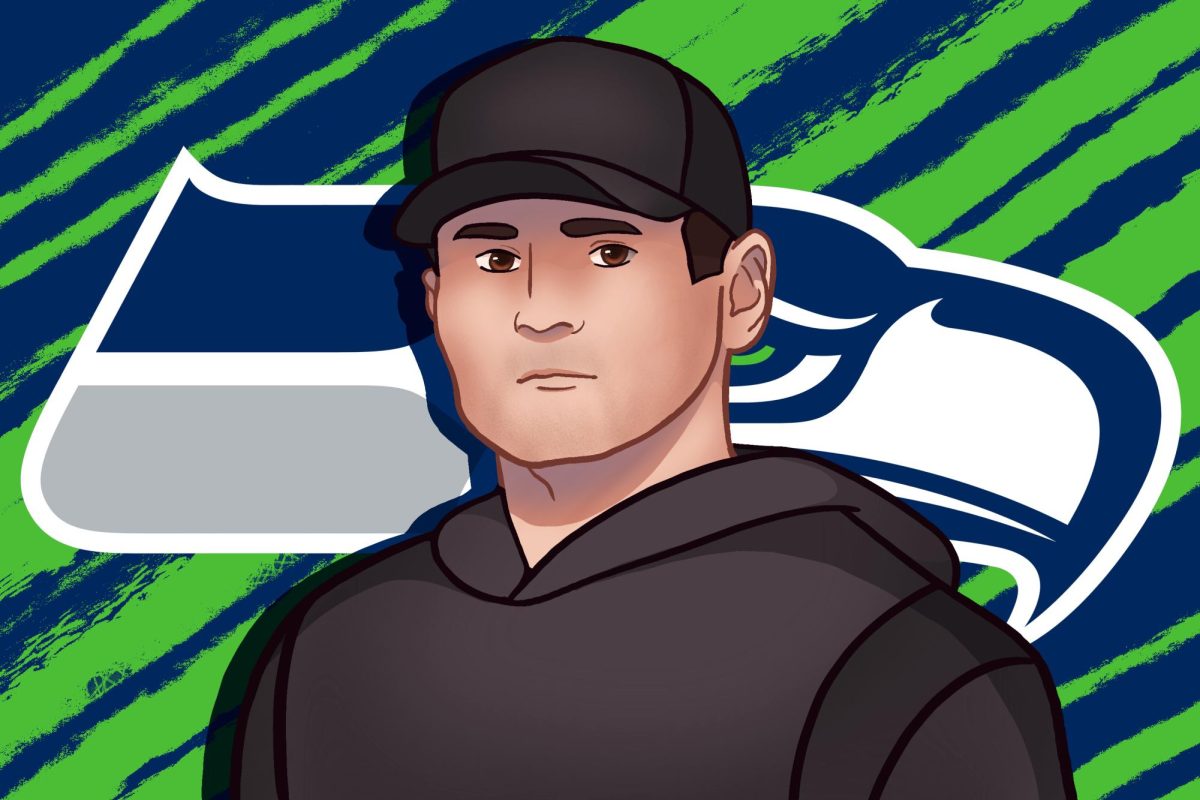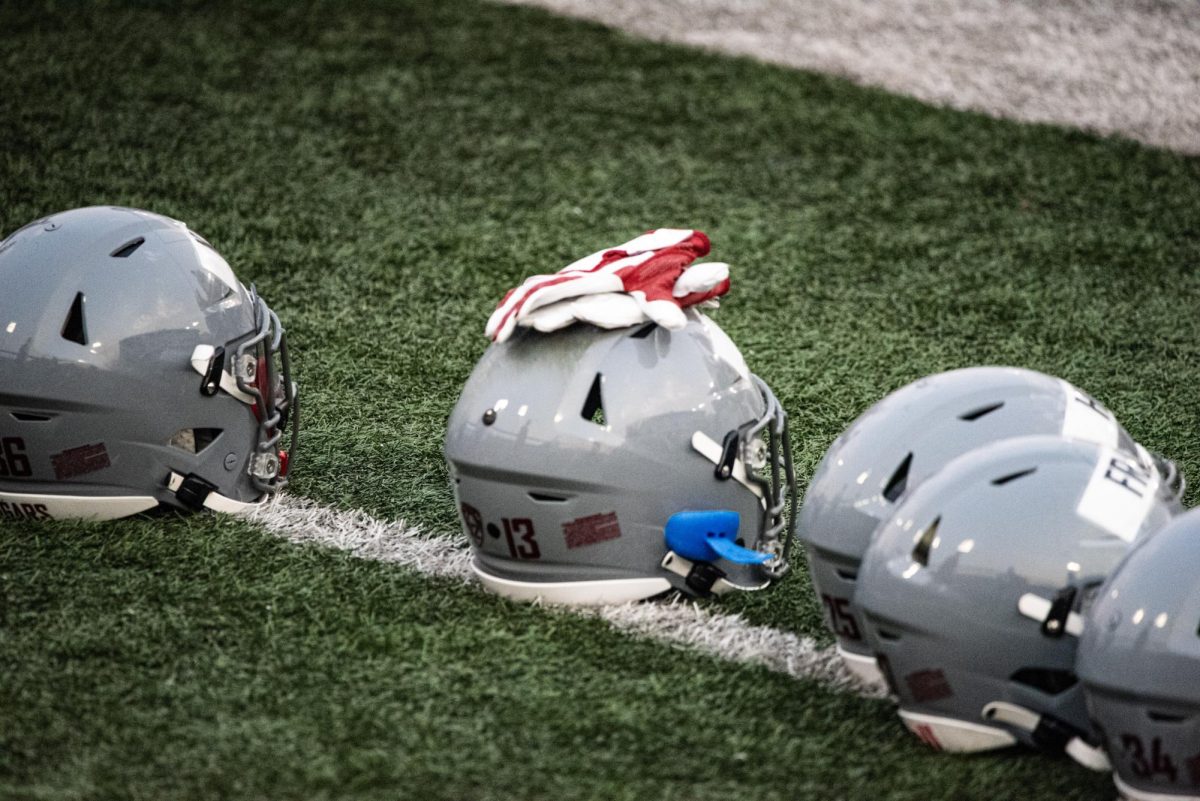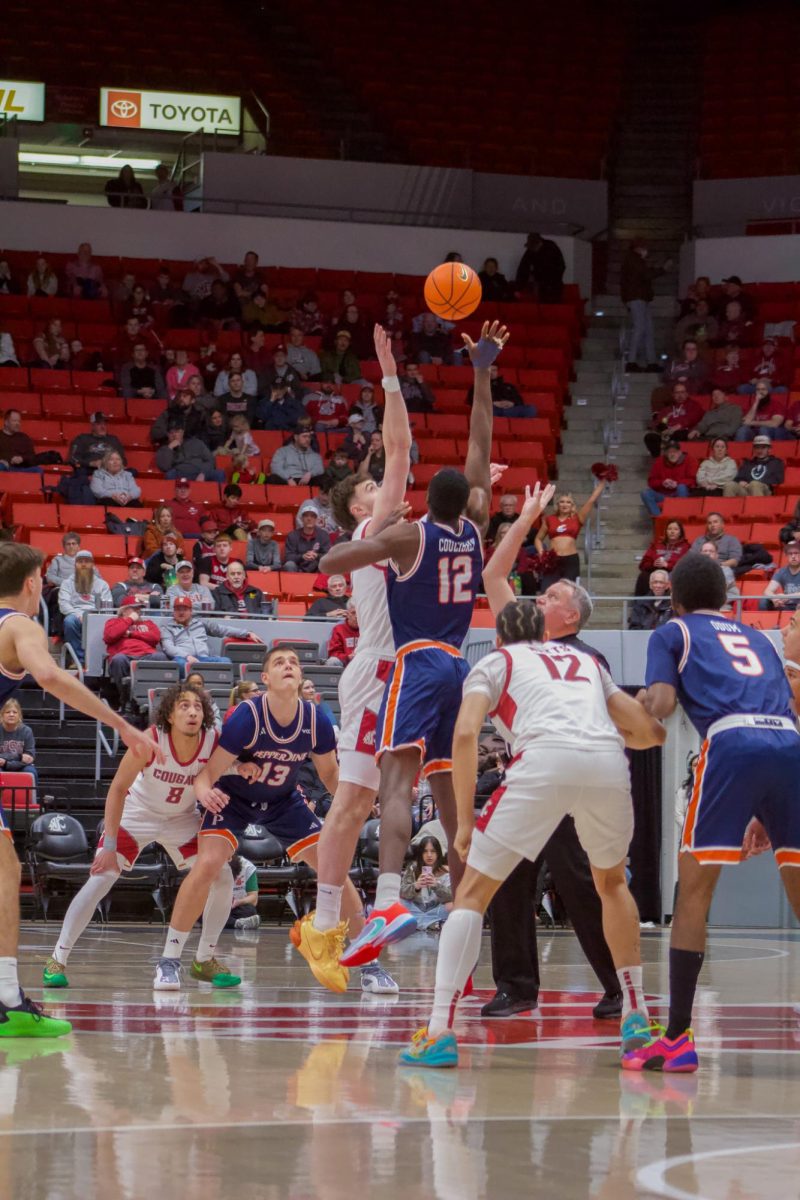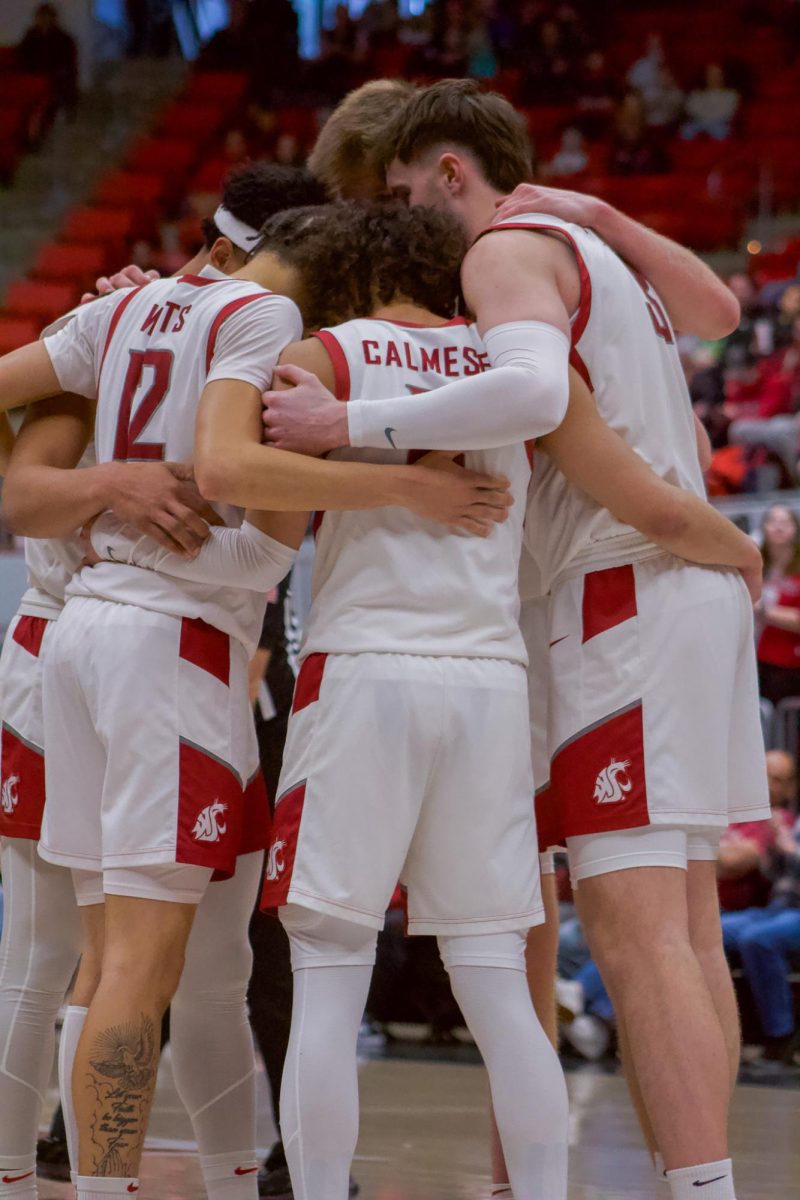When the Seattle Seahawks hired Mike Macdonald as their new head coach in 2024, it signaled a dramatic shift in philosophy. The franchise, which had been synonymous with Pete Carroll’s high-energy leadership for over a decade, turned to the youngest head coach in the league to usher in a new era. Now, with Macdonald’s first season in the books, it’s time to evaluate how he fared in his debut campaign at the helm.
The primary reason Macdonald landed this job was his defensive acumen. As the Baltimore Ravens’ defensive coordinator, he built a unit that was fast, aggressive, and fundamentally sound. Seahawks fans were eager to see how he would reshape a defense that had been inconsistent in recent years.
The results? A noticeable improvement, but not quite a full-fledged revival. Macdonald brought a more disciplined and structured approach, with better execution in key areas such as tackling and third-down defense. The Seahawks’ pass rush, long a weakness, took steps forward with young players thriving under his scheme. The secondary, headlined by Devon Witherspoon and Riq Woolen, showed flashes of dominance but also had growing pains.
However, run defense remained a problem at times, and while the unit made strides, it was still a work in progress. Macdonald’s vision was evident, but one offseason wasn’t enough to fully implement his system. That said, the foundation is there for a top-tier defense in the near future.
One of the biggest questions surrounding Macdonald’s transition from coordinator to head coach was how he would handle game management. Coordinators can focus solely on their side of the ball, but head coaches must manage the clock, make in-game adjustments, and oversee the full operation.
There were some rough moments. Macdonald had his share of questionable timeouts and fourth-down decisions that backfired. His approach was aggressive at times, which was a welcome change from the sometimes conservative tendencies of the Carroll era, but there were instances where his gambles didn’t pay off.
That said, Macdonald showed growth over the season. His ability to adjust at halftime improved, and by the latter half of the year, the Seahawks were making better second-half performances. These are typical growing pains for a rookie head coach, and with more experience, he should refine his approach.
While Pete Carroll’s personality loomed large over the franchise, Macdonald didn’t try to imitate his predecessor. Instead, he established his own voice—calm, methodical, and detail-oriented. Players bought in, and there were no signs of internal turmoil despite the usual adversity an NFL team faces.
While there was some controversy regarding Macdonald’s decision to remove old banners from the Seahawks’ 2014 Super Bowl title, it felt like those controversial actions drew less criticism as the season went on and he continued to prove his value to the team.
Macdonald’s background is on defense, so his choice of offensive coordinator was always going to be crucial. The Seahawks’ offense showed flashes of explosiveness, but inconsistency plagued them. The run game, meant to be a focal point, was effective at times but disappeared in key moments. The passing game had its moments, but the quarterback play was up and down. With Ryan Grubb now out and Klint Kubiak in as his replacement, the offense will look to take significant strides next year.
For a first-year head coach stepping into big shoes, Macdonald had a solid debut season. His defensive expertise was evident, and he laid the groundwork for a much-improved unit. His leadership style resonated with the players, and despite some growing pains with game management and offensive consistency, the trajectory of the team feels promising.
The team did improve by one win, from 9-8 to 10-7, but missed the playoffs for the second year in a row. Still, Macdonald vastly outperformed the other first-year head coaches. The other four first-year head coaches (Brian Callahan, Titans; Raheem Morris, Falcons; Dave Canales, Panthers and Rashod Mayo, Patriots) averaged five wins. However, they did not inherit as much talent as what Macdonald inherited in Seattle. Still, it is good to see Macdonald as the only first-year coach to put together a winning season.
Ultimately, Year 1 was about setting the foundation, and in that regard, Macdonald succeeded. The Seahawks remain competitive, and with a full offseason to build upon what was learned, there’s reason to believe better days are ahead.
Final Grade: A-









